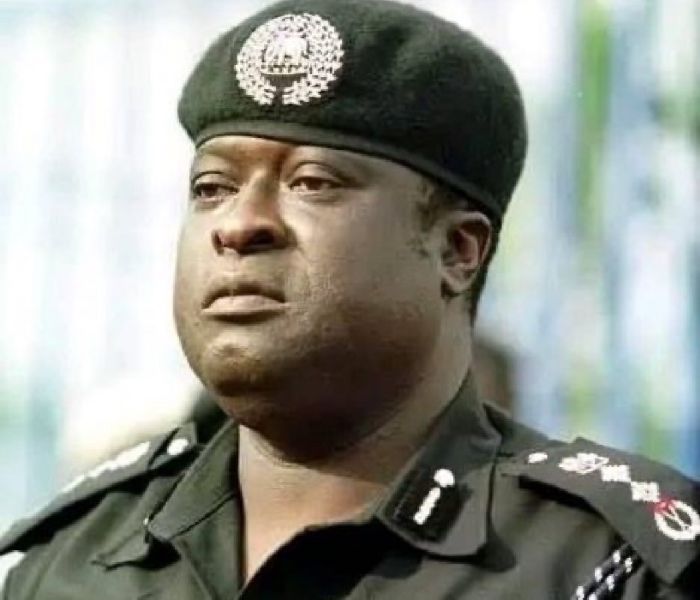The 11th Inspector General of the Nigerian Police Force was Mustafa Adebayo Balogun. He enlisted in the police in May 1973, and in March 2002, he was appointed IGP.
Young Balogun was born in Ila-Orangun, Osun State, southwest Nigeria, on August 25, 1947. In 1972, he graduated from the University of Lagos with a B.A. in political science. He joined the Nigeria Police Force in May 1973.
He was a policeman and also obtained a legal degree from the University of Ibadan.
He advanced to the rank of principal staff officer for former Inspector-General of Police Muhammadu Gambo after serving in a variety of capacities around the country.
Later, he served as deputy commissioner of police in the state of Edo, commissioner in the state of Delta, commissioner in the state of Rivers, and commissioner in the state of Abia.
On March 6, 2002, he was promoted to Inspector General of Police and given the title of Assistant Inspector General of Police in Kano’s A.I.G. Zone One.
Inspector General of Police Tafa Balogun took over for Musiliu Smith in March 2002. He was in charge of managing police security generally during the national elections in April 2003, which were marred by claims of police wrongdoing.
Balogun called for changes such as the use of national identity cards, widespread education, electoral law reforms, citizen participation in politics, good governance, the establishment of a constitutional court in Nigeria, as well as methods to ensure the viability of these ideologies in a paper titled “Nigeria: Electoral Violence and National Security” that he presented in August 2003.
Balogun planned extensive security measures around Nigeria in December 2003 to guarantee there were no disruptions during the Commonwealth of Nations gathering.
In 2004, there was a riot in Balogun, which resulted in reporters suffering serious injuries and having their facilities destroyed.
Balogun expressed regret over the regrettable situation and assured that those responsible will be held accountable. In the same year, he gave the parties concerned assurances that appropriate investigations would be conducted and the riot’s culprits would be brought to justice.
Before the end of 2004, media started to expose numerous claims of corruption that Balogun had embezzled public monies and accepted bribes from officials and criminals shortly after he made those pledges. As a result, he was forced to retire in January 2005.
Balogun was accused of obtaining almost N13 billion on April 4, 2005, by the Federal High Court of Abuja for stealing, money laundering, and other offenses.
The claims against him were true, as shown by multiple investigations carried out by the Economic and Financial Crimes Commission (EFCC) at the time under Nuhu Ribadu.
Between 2002 and 2004, the Economic and Financial Crimes Commission, under the direction of Nuhu Ribadu, accused Balogun of 70 offenses. Balogun, however, consented to a plea agreement with the judge in exchange for returning the majority of the goods and money.
Balogun was thus given a six-month prison term at Kuje Prison.
On February 9th, 2006, Tafa Balogun was released after completing the entirety of his prison sentence, some of it in the Abuja National Hospital.
Tafa Balogun passed away on August 4, 2022 in a hospital in Lekki, Lagos, after being given a mild sickness diagnosis.
